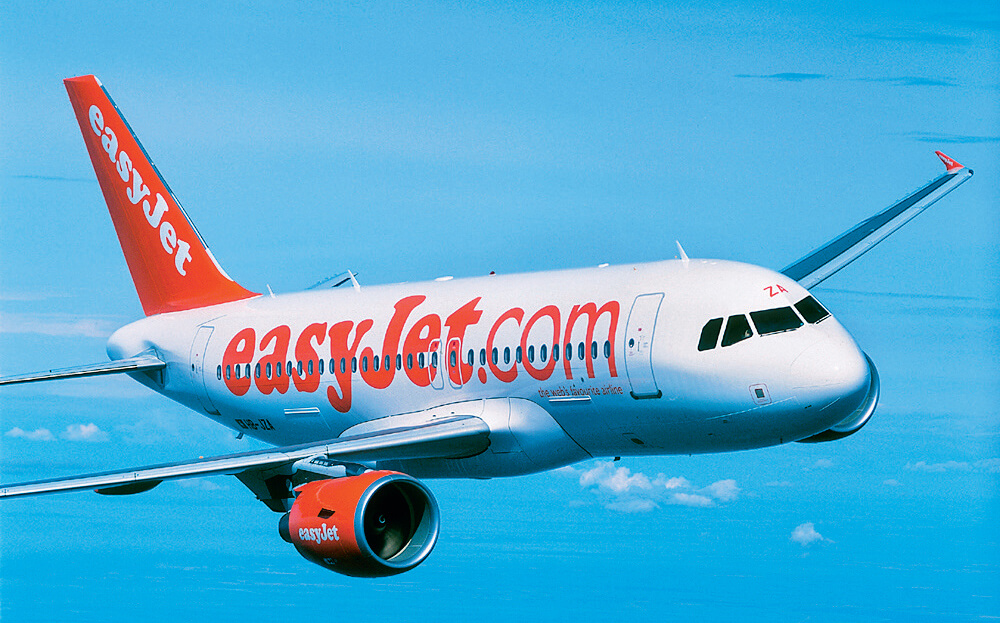In it together
Restaurant chains know they have to offer a high level of customer service, and try hard to achieve it; perhaps too hard. I was in a branch of one the other day, and noted that the service I was getting was attentive and disciplined. Something was missing, though, and at first it was hard to put my finger on it.
Then it became obvious: although the attention directed at me was cordial, the relationship between the people who worked there was anything but. There was no employee rapport; their body language was not exactly hostile, but certainly lacked warmth.
This is one of the drawbacks of scripted service. Everything is done strictly according to the book, with the customer as the sole focus of attention. This leaves little room for the human interplay between employees that is vital for adding emotional texture to the customer experience.
Should service businesses move away from scripted service, to let personal interplay come through a little more freely? While you don’t want it to go to the other extreme, with employees having a party and customers feeling excluded, positive body language and interpersonal warmth send the right signals about the brand, and make customers feel they’re part of something authentic, not automated.
easyJet found that moving to tightly scripted on-board service blunted the playfulness between members of the crew, which was something customers liked, and certainly didn’t find on rivals such as BA. So the airline moved back to a halfway point, where the script formed a basis for service delivery but left room for personal interpretation and banter between crew members.
This approach finds endorsement in an academic study due to be published next month in the Journal of Consumer Research. The authors looked at ‘incivility’ within service teams and the effect it has on customers. Their most trenchant conclusions were drawn from cases where an employee was reprimanded by a colleague in front of a customer for a breach of service standards. This is raising the stakes a fair bit from a simple lack of employee rapport, but the effects are worth noting.
Customers merely enduring the poor service were apt to put it down to a bad day. Once they witnessed a reprimand, though, they were inclined to become angry, and their interpretations were more penal. They drew more general conclusions about the brand, moving their mindset from ‘bad day’ to ‘bad business’. Incivility between employees had more significant effects on customers than poor service did.
The study went on to consider cool body language and lesser forms of incivility, and speculated on why these have such a powerful negative effect on customers. It theorised that this is an example of consumer sensitivity to the means of production – in this case, the means by which human service is ‘produced’. Incivility suggests a harsh corporate approach to people management, and customers react in much the same way as they do to stories of sweatshops.
Studies like this, based on experimental settings, are somewhat abstracted versions of what happens in real life; yet, it all intuitively rings true. An ‘obsessive’ focus on the customer, which some brands espouse, is probably, like all obsessions, an uncomfortable thing of which to be the object.
Service brands need to ensure that the customer is cared for, but also that their own employees don’t freeze up in the process, and turn their tensions on one another. It shows, even in the nicest of restaurants.
Forthcoming research by US academics Christine Porath, Debbie MacInnis and Valerie Folkes suggests that incivility between employees can have far-reaching effects on consumer perceptions.
The authors conclude that, when consumers witness incivility between employees, they feel anger, which causes them to dwell on the subject.

easyJet Abandoned tightly scripted approach to on-board service
This leads to negative conclusions about the behavioural ethos of the organisation as a whole; others who work there; and future encounters with the organisation.
The research suggests that all other information sources such as previous good experiences or winning product attributes pale into insignificance, as customers focus on the employee event that ‘got them riled’.
The authors claim that incivility at work is both prevalent and rising: in 1996, a survey found that 10% of a sample of 800 employees reported witnessing incivility at work daily; a similar study in 2005 found this had increased to 25% (and then there was no ‘tough times’ excuse).
